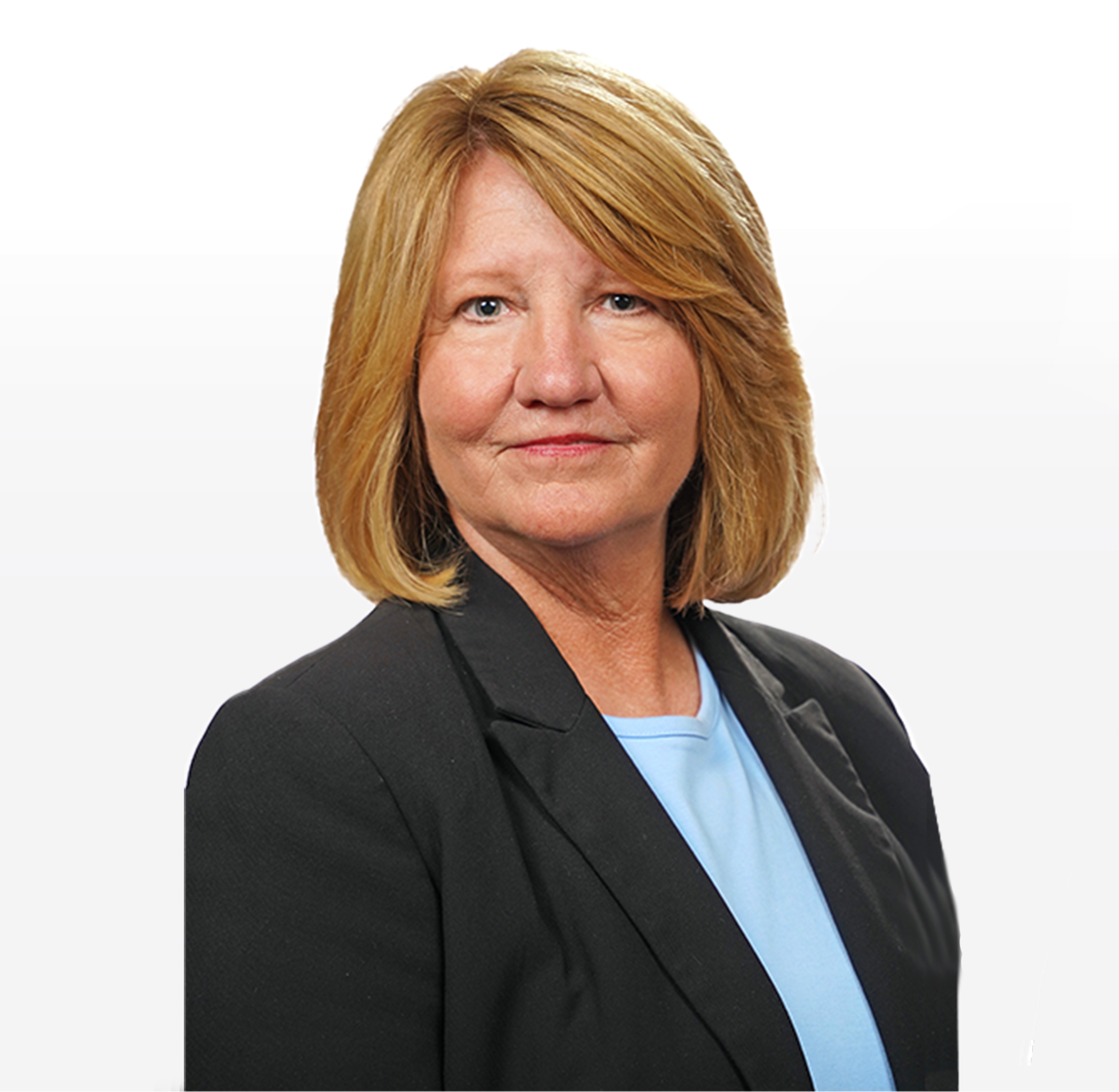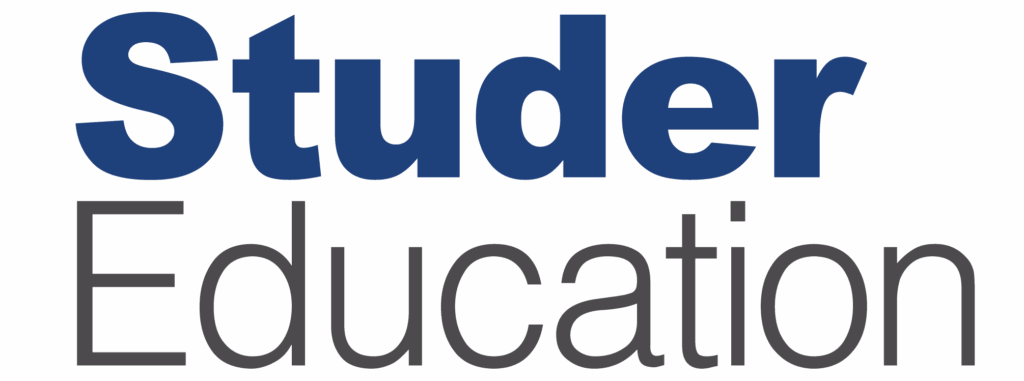What learning gains can students make when their teachers and leaders are practicing a growth mindset? Join Dr. Janet Pilcher as she interviews Principal Patches Calhoun and teacher Ms. LaTonya Smith from Della Davidson Elementary in Oxford, MS. Listen now to learn what it takes to create an inspiring workplace where mindset matters and students achieve phenomenal outcomes.
Episode 344
Raise the Bar with a Growth Mindset
What learning gains can students make when their teachers and leaders are practicing a growth mindset?
Listen Now
Hosts

Janet Pilcher
President, Studer Education
About the Episode

- How does creating a positive workplace culture enhance teacher motivation and increase student achievement?
- What specific actions do school leaders take to make teachers feel valued and supported?
- What challenges do classroom teachers face, and how can leaders help alleviate these challenges?
Pillar 4: Recognize the Bright Spots
Pillar 5: Value Employees to Show They Matter
More Like This
Browse AllWant to bring books to your team?
We support districts with bulk ordering options, reading guides, and professional learning plans built around our published content. Our books offer a shared language for system-wide alignment, whether for a leadership retreat, professional learning series, or district-wide initiative.
























